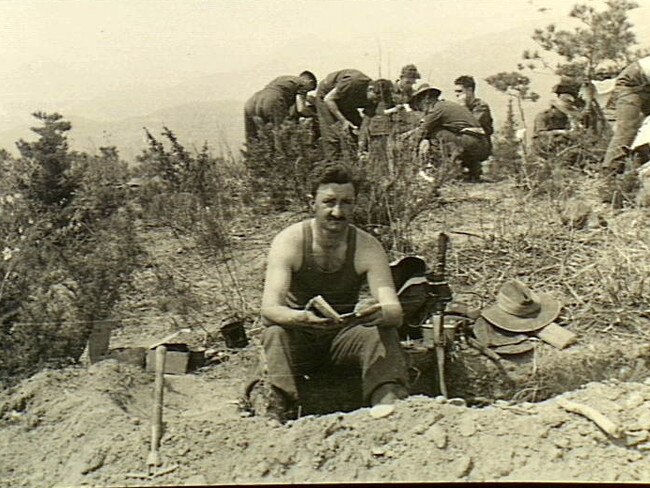From fiction to hard history, seven very different war reads recommended by our top authors
From a novel that hooked an entire generation to true stories of extraordinary people in extraordinary times, these are the books our top authors recommend in the run-up to Anzac Day.
Books
Don't miss out on the headlines from Books. Followed categories will be added to My News.
Word of mouth; on the page; in your podcasts; on the screen.
Stories, more than anything else, keep Australia’s Anzac tradition alive, evolving ... and real.
The tale that began at Gallipoli in 1915 has grown with our country to encompass many more campaigns and conflicts; and the experiences of diverse men, women and children at home and overseas.
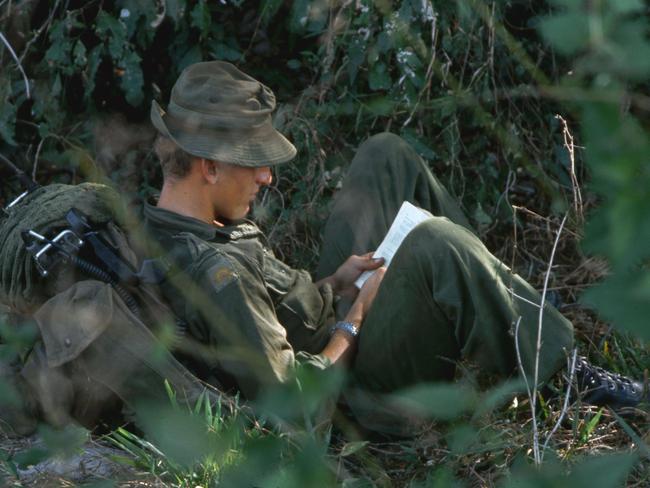
In books, war and its impact feature again and again: in hard-hitting histories, biographies of extraordinary people and in fiction that can provide avenues for emotional release, education and escapism, often all at once.
Ahead of Anzac Day, when Australia will unite in commemoration, some of our favourite authors from the Sunday Book Club family share their top reading recommendations for this moving time of year.
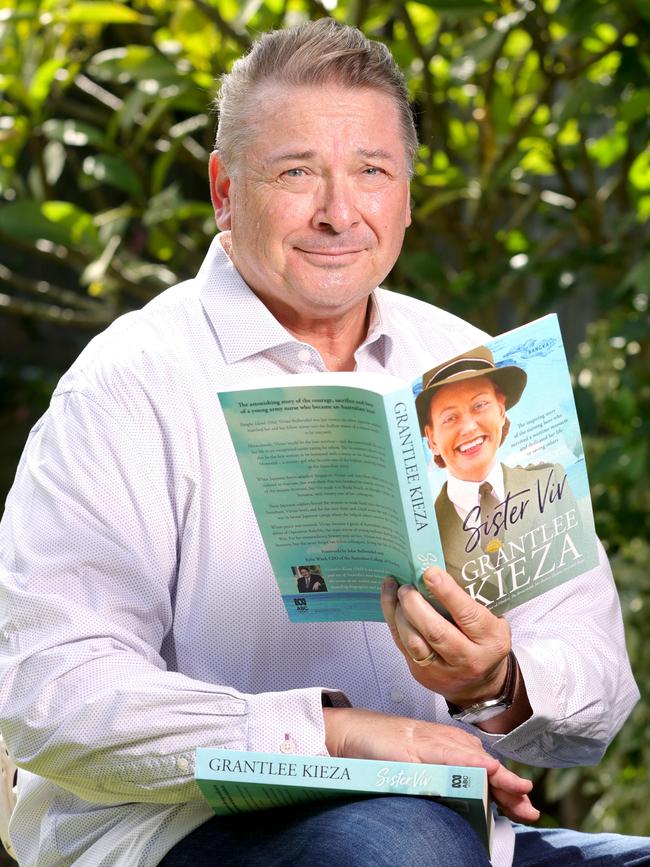
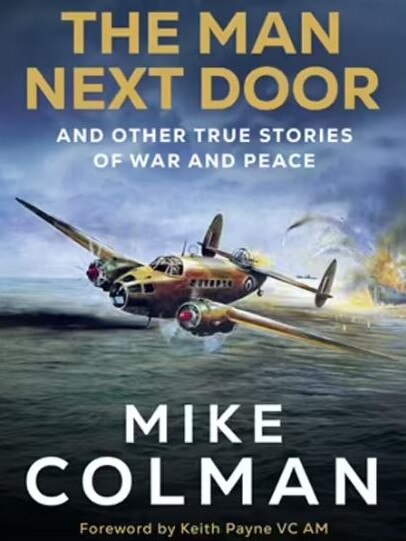
GRANTLEE KIEZA
The Man Next Door by Mike Colman
War is so often about ordinary people thrust into extraordinary situations and committing acts of astonishing courage.
As a newspaper journalist I reported on four unassuming retirees living near each other on Bribie Island near Brisbane after they had come through the hell of Vietnam’s battle of Long Tan in 1966 when 100 Aussies fought off an ambush by 2500 Viet Cong guerillas and North Vietnamese regulation troops.
One of the men, John Heslewood, told me he’d put in for a transfer from his job at the Commonwealth Bank in Queen Street, Brisbane, a year before Long Tan, hoping for more exciting work. The battle was much more than he bargained on.
Similarly, one of my favourite books about war is The Man Next Door by Mike Colman, who as a boy in Sydney lived next door to Ray McMillan, one of the crew on the Hudson bomber that destroyed the Japanese ship Awazisan Maru in World War II.
Ray was an unassuming everyday suburban bloke who made no fuss about his heroics, just like his pilot, Ossie Diamond, a mild-mannered Brisbane drycleaner for decades after landing one of Australia’s heaviest blows in the early stages of Japan’s entry into the conflict.
Grantlee Kieza OAM is the author of over 20 biographies on prominent Australian historical figures. His latest book Sister Viv, out now, is the story of a heroic WWII nurse who became a national icon.
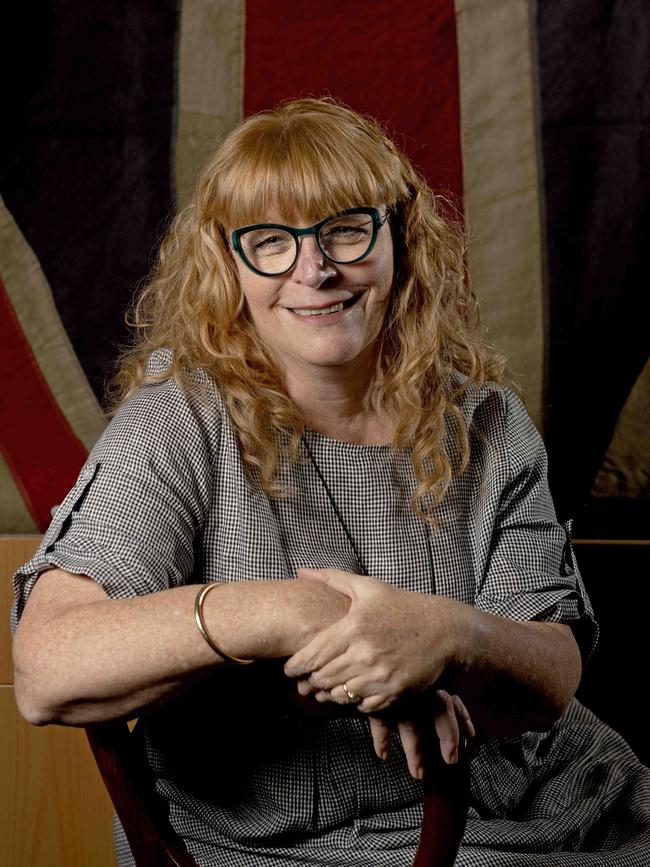
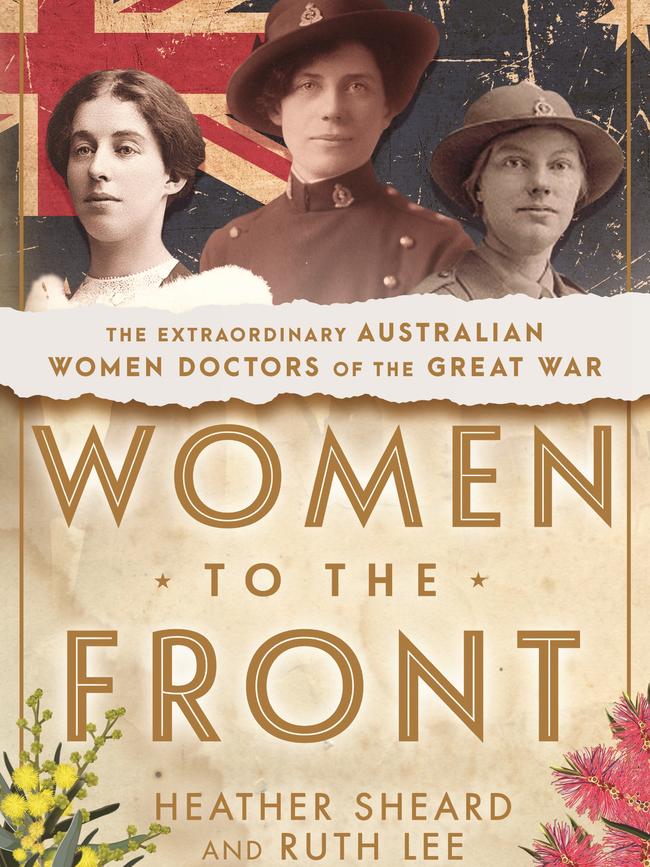
VICTORIA PURMAN
Women to the Front: The Extraordinary Australian Women Doctors of the Great War by Heather Sheard and Ruth Lee
We are so spoiled for choice when it comes to brilliant history books about the experiences of Australians in wartime, but here are two of my favourites. Women to the Front: The Extraordinary Australian Women doctors of the Great War by Heather Sheard and Ruth Lee tells the story of the brave Australian women medical practitioners who were not allowed to serve in the Australian military and who went to the frontlines anyway.
And my other choice is a book I come back to over and over for researching my own novels: the classic On the Home front: Melbourne in Wartime 1939-1945 by Kate Darian-Smith. It’s a brilliant exploration of what was happening at home when the boys were away.
Victoria Purman’s novels such as The Nurses War, The Women’s Pages and The Land Girls have taken in both world wars. Her next title is The Radio Hour, available in May.
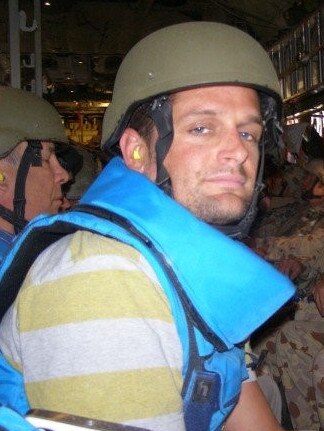
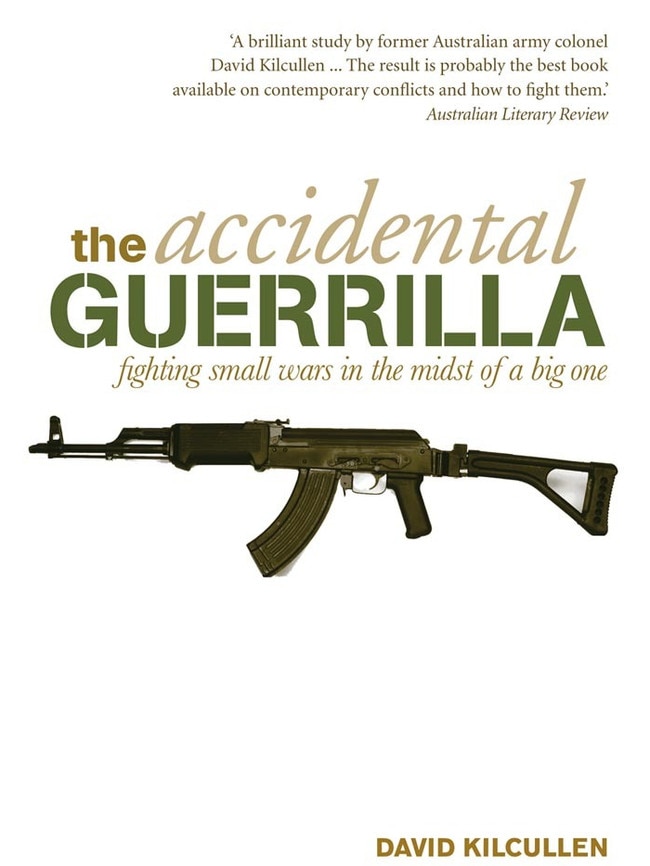
BEN MCKELVEY
The Accidental Guerrilla: Fighting Small Wars in the Midst of a Big One by David Kilcullen
This book is not explicitly about Australian soldiers (except in the excellent personal passages of the author, himself a former ADF officer) but if you read between the lines, there is so much of the modern Australian campaign in Afghanistan in there.
With field research from Afghanistan, Pakistan, Iraq, the Horn of Africa, Professor David Kilcullen places at the centre of the book, the idea of The Accidental Guerrilla. This guerrilla, Kilcullen argues, is a person, usually a man, who lives in a war zone. He is not strongly ideologically driven and is someone who could be courted – should be courted – not killed, as his death will only invite more fighting.
Accidental guerillas, Kilcullen says, represents roughly nine out of every ten men killed by the western forces in Iraq and Afghanistan and argues that their deaths represents one of the most significant reasons that both were losing campaigns.
This book challenges the idea of ‘us vs. them’ not only engaging with the motivations of the enemy – something that every good war book does – but also with the stupidity and immorality of killing more people than is necessary.
As time marches on, the Anzac myth will march on too, and informed and thoughtful books about modern conflict like this may help up march in the right direction.
Ben Mckelvey has been embedded with Australian soldiers in combat zones and is the author of Mosul and most recently Find Fix Finish, an investigation into Australia’s special forces war in Afghanistan, published in Oct 2022.
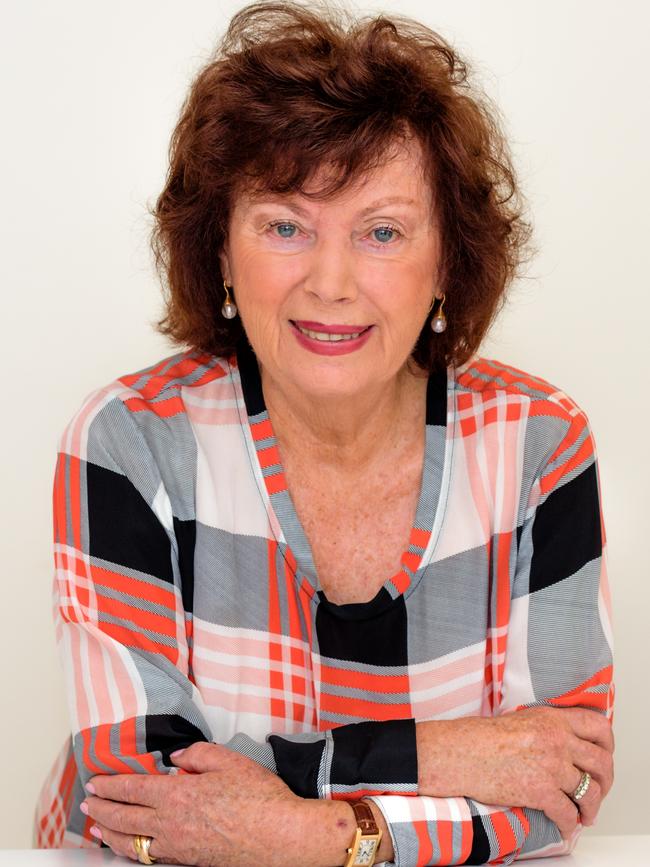
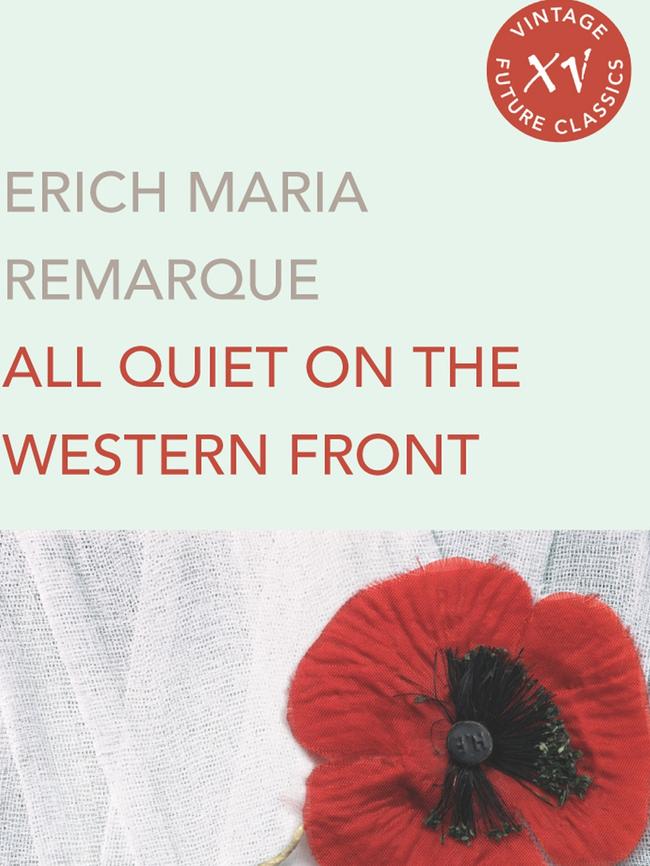
DIANE ARMSTRONG
All Quiet on the Western Front by Enrich Maria Remarque
Although I read All Quiet on the Western Front by Erich Maria Remarque many years ago, I have never forgotten its impact. To say that Remarque depicted the horrors of war is a huge understatement. This is a gut-wrenching depiction of war and the way leaders sacrifice soldiers.
Our Anzacs first became cannon fodder on the slopes of Gallipoli, before coming to the Western Front where European soldiers were already experiencing unimaginable carnage in the trenches. The hero of this story is Paul, an idealistic young soldier whose illusions of glory and honour are soon shattered in the butchery he witnesses around him. Unlike novels which emphasised the romance and adventure of war, this powerful novel gives an unsparing picture of its relentless brutality and dehumanising effect. In the struggle to survive, the traumatised soldiers become desensitised to the suffering and even the death of their companions. Eventually they become so emotionally detached and disconnected that they can’t even mourn them. In time, the soldiers come to understand that their real enemies are their commanding officers. And yet despite all the horror they witness, they manage to retain a spark of humanity.
Diane Armstrong survived the Holocaust as a child before coming to Australia. Many of her books involve WWII. Her current novel, The Wild Date Palm, is a story of espionage set in WWI.
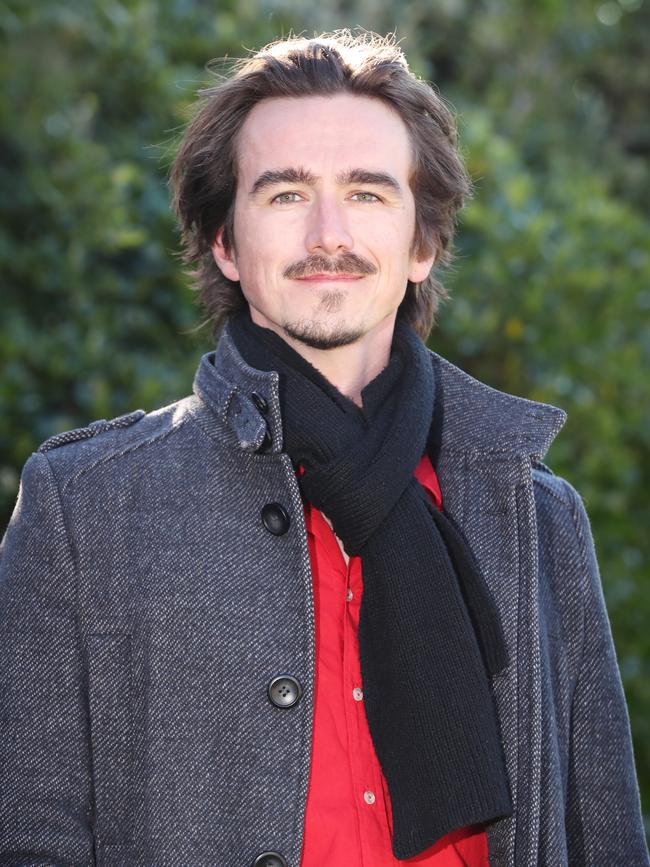
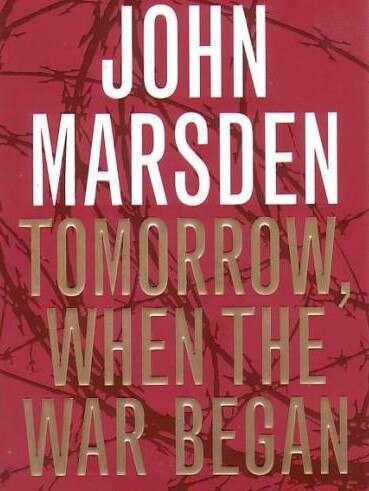
GABRIEL BERGMOSER
Tomorrow, When The War Began by John Marsden
To a certain Australian generation, there will never be a greater fictional war story than Tomorrow, When The War Began and its sequels. John Marsden’s YA classic follows a group of country kids who return from a camping trip only to find that Australia has been invaded in their absence. What follows is a wrenching, tragic, uncompromising saga about love, sacrifice, friendship and being forced to grow up in the worst circumstances possible. The characters feel so alive that some moments sear themselves into your brain forever – seriously, in any conversation about the books just say the name Robyn and watch the devastated reaction.
The real genius is that like so much of Marsden’s work, the Tomorrow books never spoke down to readers. They were exhilarating to read, yes, but refused to shy away from the ugly realities of war and what happens to those caught up in it. Once you’d read the Tomorrow series there was no returning to more “kid-friendly” fare. And there was no forgetting it either.
Gabriel Bergmoser is an award-winning author of multiple adult and children’s books. His latest title, Andromache Between Worlds, is available now.
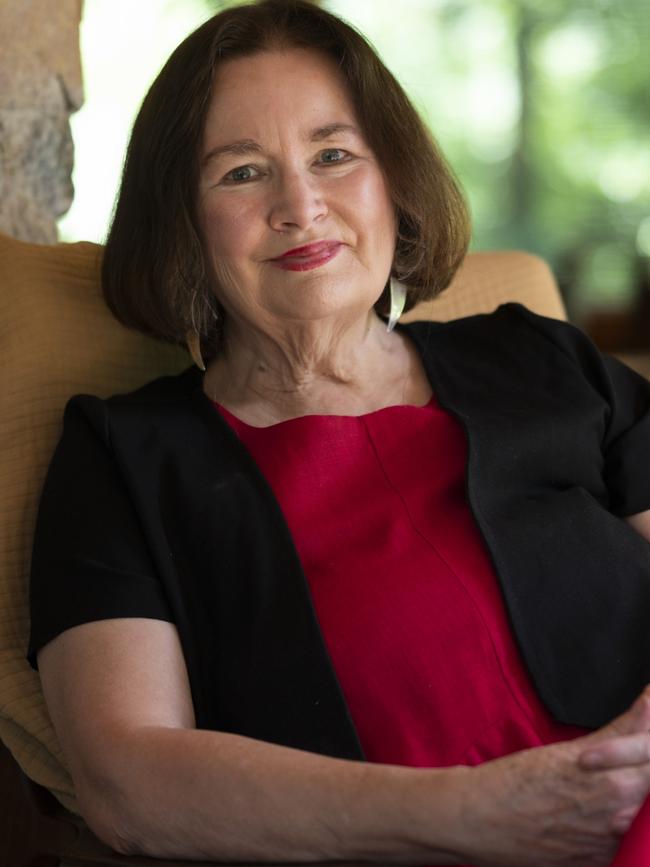
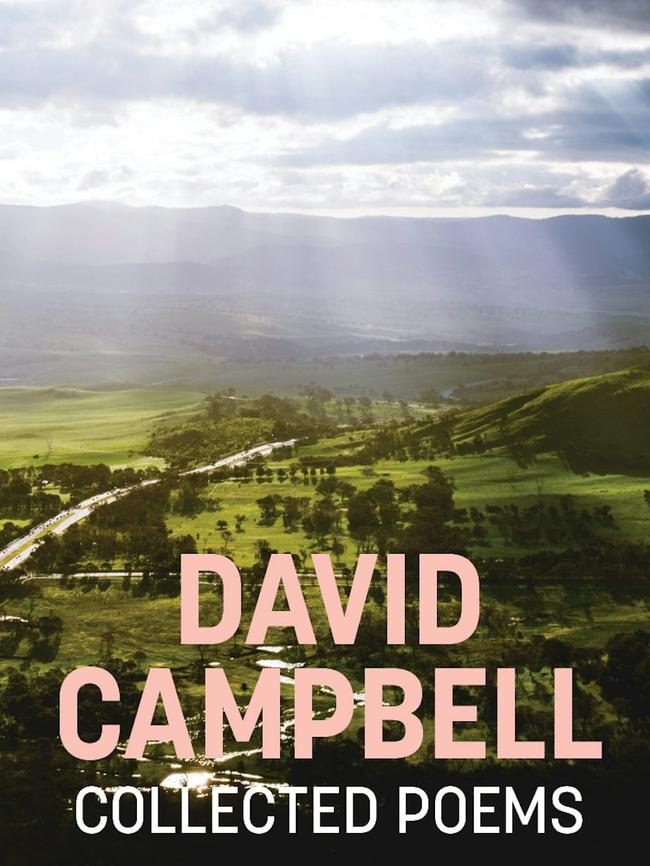
JACKIE FRENCH
Men In Green by David Campbell
Truthful writing about war means using the words of those who were there. Young people who one day will decide “Do we fight, or cooperate?” need truth and authenticity. I spent six months watching RSL interviews of Gallipoli veterans to write The Great Gallipoli Escape. Some veterans cried, fifty years later. I cried too.
Perhaps the most powerful words of World War II are David Campbell’s: poet, grazier, rugby player, whose New Guinea piloting earned him the Distinguished Flying Cross.
His poem Men in Green is told by the pilot carrying a small group of young men into the highlands of New Guinea – courageous men who laugh at “the ape-like cloud” and the deadly mountain crests they wind through.
They land, and see the soldiers they will replace: “Few walked on their own two feet, their faces turned to clay … Nature had met them in the night, and stalked them in the day.”
David Campbell was almost certainly writing about a top-secret mission. He couldn’t talk about the scenes that haunted him without risking prison. But who reads poetry?
“And I think still of men in green
On the Soputa track,
With fifteen spitting tommy-guns
To keep the jungle back.”
I was ten when I read those words.
I read that poem every year. I, too, cannot forget the men in green, like Dad, and Uncle John, who volunteered, but never spoke about the war.
Jackie French AM is an award-winning writer, one of Australia’s most popular children’s authors and writes across all genres for a variety of age groups. Her most recent work, The Sea Captain’s Wife, is out now.
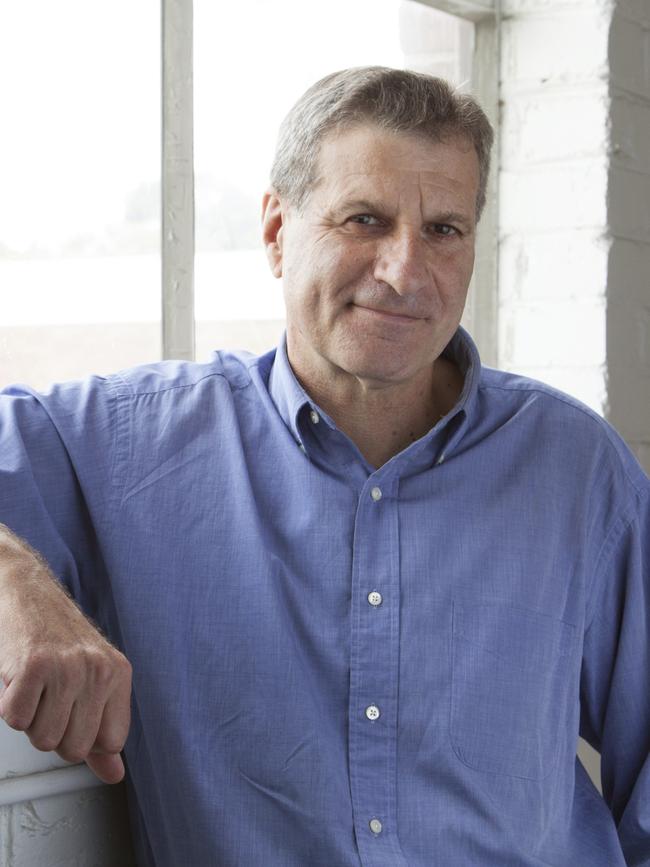
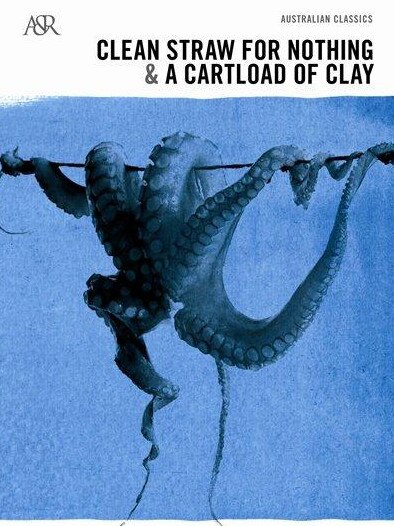
STEVEN CARROLL
Clean Straw for Nothing by George Johnston
For various reasons I’ve always been drawn to stories set on the home front during war, rather than the battlefields. Graham Greene’s The End of the Affair, set in the grime of London during the second blitz, Simone de Beauvoir’s diary observations of the German occupation, and George Johnston’s amazingly vivid description of Melbourne in Clean Straw for Nothing, just a few months after the war in 1945, the imprint of the Pacific conflict all over the city. Johnston, a displaced figure in a world of displaced figures, wanders through the streets at night because he doesn’t want to go home. War-time posters are peeling off hoardings, the posters marked with names, addresses and phone numbers: “Olga Troughton, redhead”, “Chuck K Vandegger, APO 362”, as well as evidence of how his city was trampled on during his absence, “ALL YANKS ARE WHORING BASTARDS”. All of it, the “ … sad graffiti of an explosive, now exploded time”. Like some latter-day Dante, he roams through an alien Melbourne that is still absorbing the shocks and aftershocks of the upheaval of war, everybody tense and nervy, soldiers either missing the war because it gave them a “place”, or brawling in pubs over old skirmishes or infidelities, then embracing in tears. A desperate human tide of restlessness running through the city. A hateful place, and yet he is determined to hold onto to that jittery intensity rather than sink back into the complacent conformism of the world that war shattered. The home front, the place where the after-effects of the war, in its varying forms, will be felt and registered for generations to come.
Steven Carroll is the multi-award winning author of fifteen novels. His most recent, Death of a Foreign Gentleman, is a crime novel set in the aftermath of WWII.
